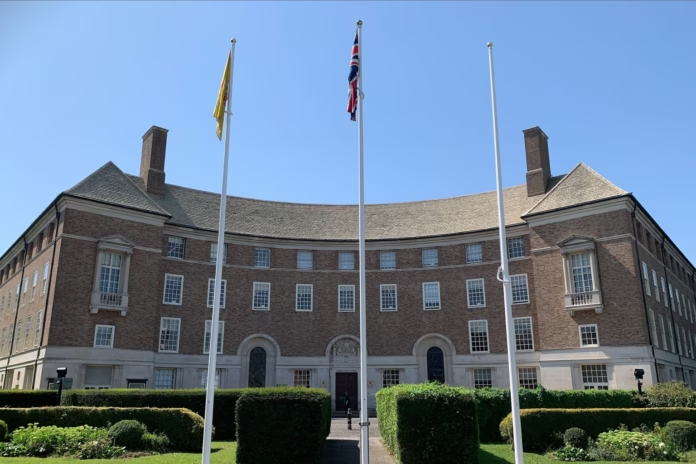Conrad Hall, chair of CIPFA/LASAAC, has expressed concern over the impact on the sector if the current temporary IFRS 9 statutory override in local government is made permanent.
The five-year override of IFRS 9’s requirements relating to fair value movements on pooled investments expires on 31 March 2023 and the government is consulting on the options beyond this date. The presidents of both the Society of County Treasurers and the Society of District Council Treasurers have called for the override to be made permanent.
However, speaking to Room151, Hall, corporate director of resources at the London Borough of Newham, suggested that a permanent override could “erode the sector’s credibility”.
Hall’s views are particularly significant as CIPFA/LASAAC is the board responsible for maintaining, developing and issuing the code of practice that governs local authority accounting in the UK.
He said: “I think local authorities need to ask themselves whether statutory overrides really are the answer. Their use can sometimes be taken to imply that a lower standard of accounting practice is being adopted in the sector. I appreciate that isn’t the intent, but it can sometimes be taken that way.”
Hall added that he did have some sympathy with the calls for a permanent override in this case, but he had concerns about the reputational damage to the sector and the profession.
“I think that the problem is that it erodes the sector’s credibility a bit, so that when the issue of other statutory overrides comes up, we are starting off from a low base with the decision makers we need to influence.”
The deadline for responses to the consultation is 6 October 2022.
—————
FREE weekly newsletters
Subscribe to Room151 Newsletters
Room151 LinkedIn Community
Join here
Monthly Online Treasury Briefing
Sign up here with a .gov.uk email address
Room151 Webinars
Visit the Room151 channel













